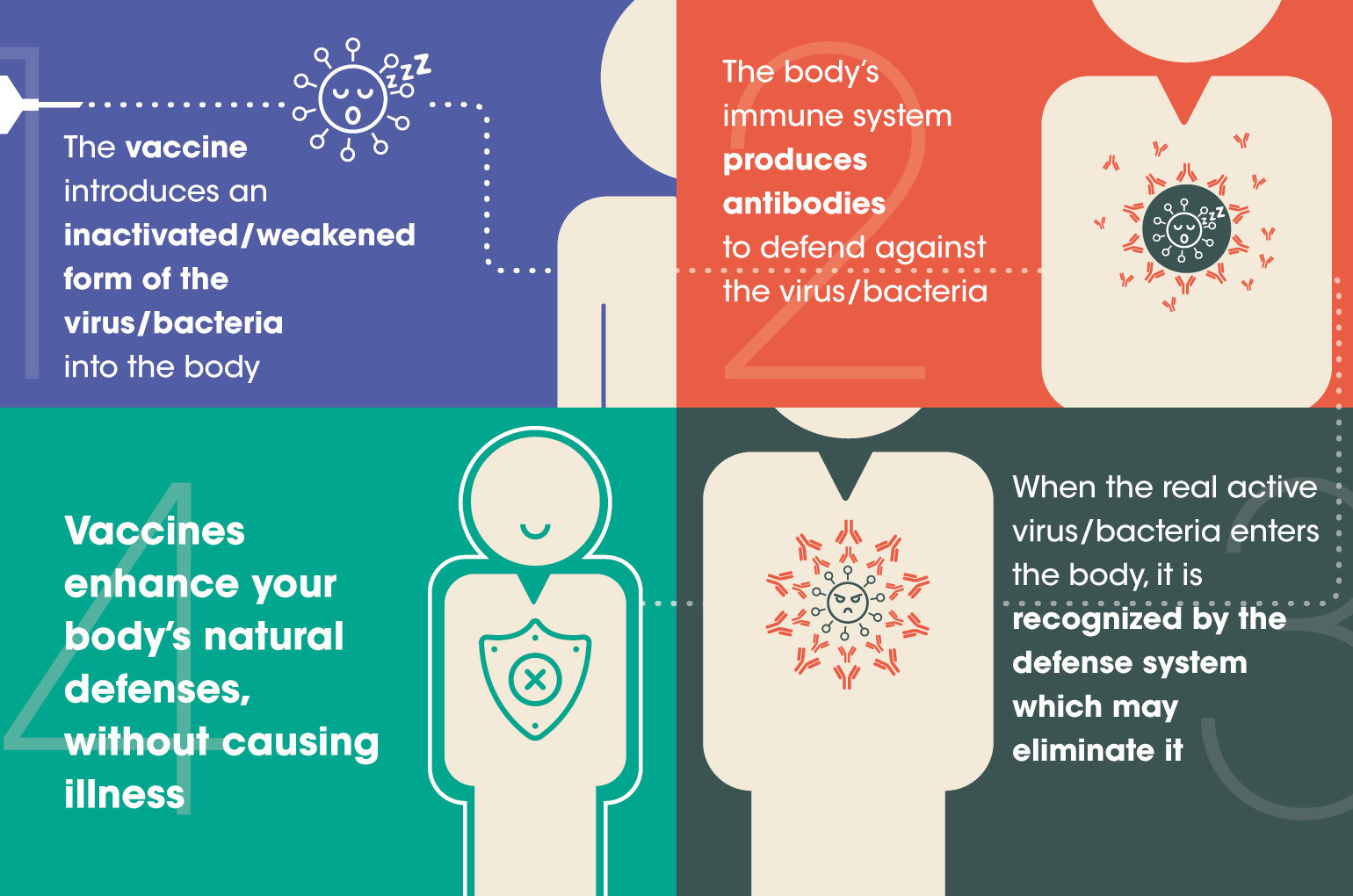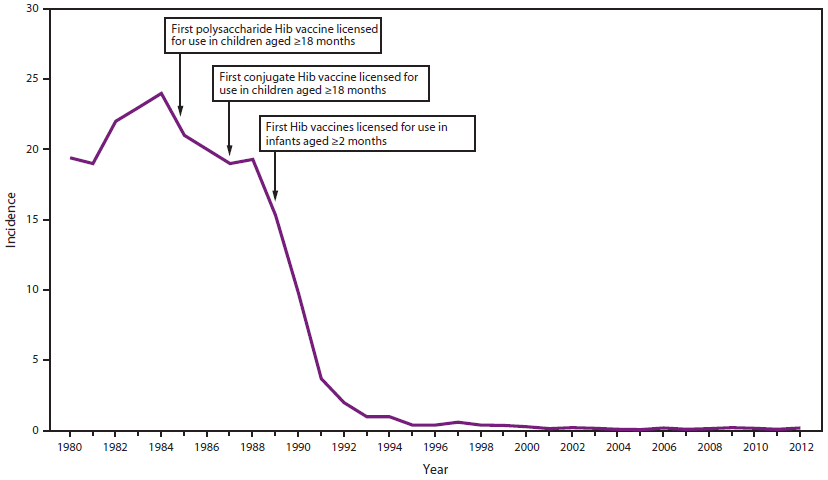By Charalampos Karouzos,
A hook sentence is an opening phrase aiming to grab the reader’s attention by using as bait either some interesting statistical data or an anecdotal phrase or a question or a bold statement. I will be choosing the last option and thus, share a personal unpopular opinion. So, I believe, the greatest and most underrated invention of modern history is vaccines. Vaccines have saved more lives than one can imagine and continuous progress in the field, further accelerates the decrease of preventable fatal diseases and thus ameliorate the quality of life. However, although vaccination has been implemented since 1796 by the well-known Dr. Edward Jenner, modern world concerns and doubts about medicine along with the increased belief regarding human autonomy, place a novel obstacle to vaccination.
To begin, vaccination is a form of passive immunization with a crucial difference from infection, the active immunization form, although individuals are exposed to the specific causative agent (most vaccines prevent microorganism infections), they are not facing sickness from it. Upon vaccination, our immune system is exposed to a part of the microorganism and through the physiological pathway of the immune system, memory cells are formed about the specific agent. These memory cells are not needed at the moment of vaccination but should the individual come to contact with the infectious microorganism in the future, the memory cells would get activated and thus produce rapidly specific antibodies needed to fight off the infection bypassing the recognition stage. In other words, vaccines act as a guide to antibody development that will be maybe used in the future in the case of an infection. Thus, the immune system of a vaccinated person will clear off the infection before it becomes evident and symptoms will be zero or very reduced. In addition, if the microorganism can’t infect individuals in a social group due to prior vaccination, the microorganism cannot be spread, the concept of Herd Immunity.

Although simple in theory, vaccine development is extremely challenging. There are two parts to the challenge the initial development of the vaccine and secondly the rigorous testing needed. Firstly, their development requires very advanced laboratories, highly skilled scientists, and a significant budget. Certain scientists throughout their careers will focus on the possible development of only one vaccine whereas the equipment needed in their labs is the supreme biological machinery available today. On the other hand, the development of such a sophisticated shot that will save lives cannot be utilized publicly until stringent criteria are met. The vaccine must have a very high efficiency of memory cell production and at the same time have minimal if any side effects. To further complicate the equation, the type of storage needed, the logistics, the overall cost, and the frequency of the shots required are all taken into consideration. It may seem overcomplicated and possibly a waste of resources but according to the WHO, vaccination can significantly minimize healthcare costs by minimizing hospitalizations needed for vaccine-preventable diseases. As an investment, UNICEF states that every $1 invested in immunizations yields $44 in economic and social benefits!
Edward Jenner, the pioneer of passive immunization (vaccination) developed a simple vaccine in 1796 by observation, whereas now more than 200 years later having made huge scientific advancements and discoveries in the field, we have available modern sophisticated tools that undoubtedly benefit the public health. Smallpox, for example, is estimated to have killed more than 300 million people (the percentage of the population that died is much higher compared to today’s population), a disease globally eradicated in 1979 (!) after a massive global vaccination campaign. Although data validate the efficacy of vaccination for public health, hesitancy is on the rise.
A growing number of individuals appear to be concerned about the safety and the necessity of vaccination and even some have formed well-known anti-vax groups, two concepts ideologically similar with very different implications. The root of hesitancy possibly evolving to full refusal is linked to a plethora of interconnected complex factors including social, behavioral, and cultural determinants entangled with the individual’s knowledge and attitude. In addition, the lack of significance in the number of vaccine-preventable disease cases, due to the longstanding vaccination programs is misunderstood as the normal incidence of the disease. For instance, the incidence of bacterial meningitis caused by Haemophilus Influenzae in 1988, prior to vaccination, was 99% percent higher than today’s number of cases. To complicate things further, nowadays, and especially in western societies the rise of the values of autonomy and self-determination conflicts with the obligatory aspect of vaccination.

All these factors play their own role regarding one’s will to vaccinate. The common scenario of hesitant parents about their children’s vaccination, however, must not cause a social stigma. Being concerned regarding an unknown field requires an expert to explain the benefits of passive immunization and provide the support parents may need. Raising awareness about the individual’s safety and the communal benefit crucially increases the right and responsibility of getting the shot. On the other hand, Anti-vax groups, usually supported by an individual or a party, base their actions on people’s hesitancy and promote false data in trying to expose the “vaccination conspiracy”. Distrust about authorities or lack of knowledge or personal benefit, form the cornerstones of such groups, putting public health at risk by breaking herd immunity. In addition, the recent pandemic of COVID-19 and the rapidity of effective vaccine development were used by anti-vax groups to exploit hesitant individuals.
To conclude, centuries of research have led to the creation of almost magical vaccine shots that through only a small pin prick pain, provide effective protection from previously lethal diseases. The great reduction and even eradication of lethal conditions is nowadays a reality. However, if as a society we cannot increase awareness and assist hesitant individuals, this astonishingly effective tool would be unutilized. The focus should not be only on the development of better vaccines to prevent even more conditions but on making them reach their final location, through a needle to every child’s arm.
References
- Vaccine hesitancy. ecdc.europa.eu. Available here
- Covid 19 vaccine hesitancy is worse in the EU than the US. forbes.com. Available here
- Morbidity and mortality weekly review. cdc.gov. Available here




